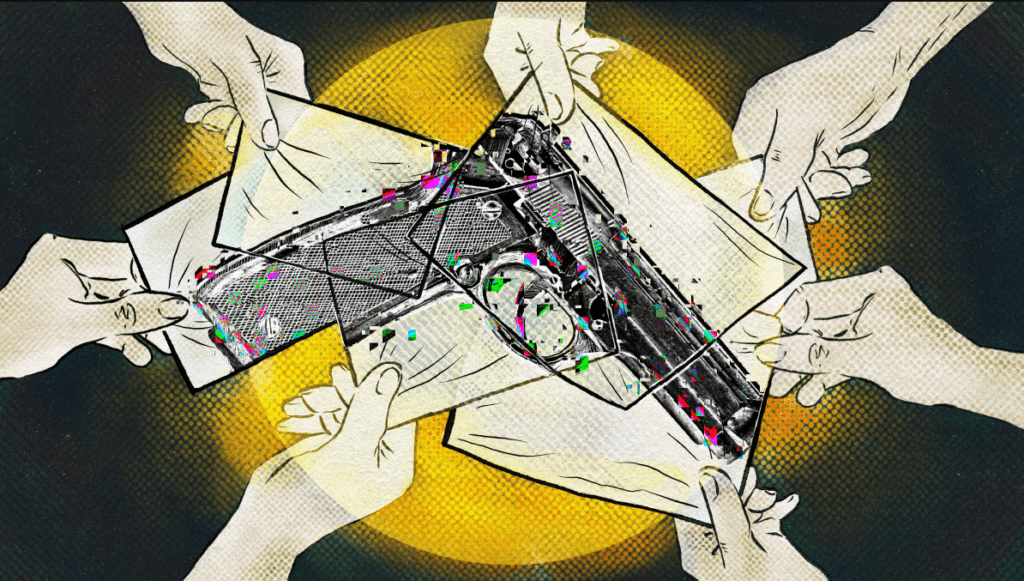Disagreement Dreams: What They Reveal About Conflict and Communication
Table of Contents
- Introduction
- Understanding Disagreement Dreams
- The Psychology Behind Disagreement Dreams
- Common Themes in Disagreement Dreams
- What Disagreement Dreams Reveal About Conflict
- Enhancing Communication through Dream Insights
- Conclusion
Introduction
Have you ever woken up from a dream feeling alarmed, frustrated, or even relieved about an argument you had with someone—real or imagined? Welcome to the realm of disagreement dreams, a fascinating exploration into the subconscious and its deeper meanings regarding conflict and communication. These dreams can be more than just bizarre nighttime occurrences; they often hold valuable insights about our waking lives, relationships, and emotional landscape.
In this blog post, we will delve into the nature of disagreement dreams, what they reveal about our conflicts, and how we can leverage these nocturnal narratives to improve our communication skills.
Understanding Disagreement Dreams
What Are Disagreement Dreams?
Disagreement dreams encompass any dream involving disputes, arguments, or communicative struggles with others. You might find yourself engaged in heated debates, trying to resolve differences, or even getting in fights, all while you’re asleep. These dreams often involve significant others, friends, family members, or even strangers—typically individuals with whom we share emotional ties or unresolved issues.
Why Do They Occur?
Disagreement dreams often occur during stressful periods when tensions run high in our personal and professional lives. They are a natural extension of our thoughts and emotions, providing our minds an avenue to process unresolved conflicts or disagreements.
The Psychology Behind Disagreement Dreams
Understanding the psychological roots of disagreement dreams can elucidate their significance. The subconscious mind operates without the same constraints as our conscious thought process. Therefore, it can reveal hidden fears, desires, and emotions.
Dream Analysis
Dream analysts generally agree that dreams reflect our internal struggles. As psychologist Sigmund Freud indicated, our dreams might be coded messages that communicate our deeper fears and desires. Disagreement dreams can illuminate our unresolved conflicts and the way we handle relational dynamics.
Conflict Resolution
Interestingly, these dreams can also play a role in how we perceive and approach conflict in our waking lives. They may prompt us to confront issues we’ve avoided, acting as a catalyst for initiating important conversations.
Common Themes in Disagreement Dreams
Recurrent Patterns
Many people experience recurring themes in their disagreement dreams, such as:
- Unresolved Arguments: Situations where a dispute does not reach a resolution, reflecting real-life issues we ignore.
- Misunderstandings: Dreams that depict miscommunication or misinterpretation can signal the need for clarity in our waking life conversations.
- Confrontation with Authority: Disagreements with figures of authority may reveal feelings of frustration or lack of control in professional settings.
Emotional Responses
The emotional context of these dreams varies widely; you may wake up feeling angry, sad, or even relieved. Each emotional response can signify different aspects of your psyche, like frustration over a situation or the desire for resolution.
What Disagreement Dreams Reveal About Conflict
The Importance of Communication
Disagreement dreams shed light on essential aspects of how we communicate. They often highlight critical perceptions relating to how feelings like anger or resentment might inhibit open dialogue. In many cases, these dreams reveal a lack of dialogue that mirrors our waking life experiences.
Recognizing Patterns
Pay attention to recurring characters or scenarios in your disagreement dreams. They can indicate unresolved issues in your relationships. Recognizing these patterns is the first step toward understanding and hoping to resolve these conflicts constructively.
Taking Action
Confronting your waking life’s relationship dynamics can substantially benefit from insights gleaned from your dreams. Once you recognize which aspects of your communication need improvement, you can take actionable steps.
Enhancing Communication through Dream Insights
Steps to Improve Communication
-
Journaling: Keep a dream journal to document your disagreement dreams. This practice can help identify ideas and themes you might want to address in your waking life.
-
Open Dialogues: Approach the individuals involved in your dreams and engage in open conversations. Doing so can help air conflicts in the real world.
-
Mindfulness and Reflection: Use mindfulness techniques to cultivate awareness about how you communicate when entering potentially conflictual situations.
-
Conflict Resolution Strategies: Familiarize yourself with effective strategies, such as active listening and empathy, that can significantly enhance your communication skills.
-
Therapy or Counseling: Consulting with a mental health professional can provide additional insights and help you work through complex relationships.
Conclusion
Disagreement dreams serve as a fascinating lens through which we can examine our interpersonal relationships and the conflicts we face daily. By understanding what these dreams reveal about our subconscious thoughts and feelings, we can cultivate healthier communication strategies, paving the way for more fulfilling relationships.
Next time you awaken from a disagreement dream, take it as an opportunity for personal growth. Reflect on the dream, engage with those around you, and seek to enhance your communicative skills. You might just find that the nighttime conflicts lead to daytime resolutions.
